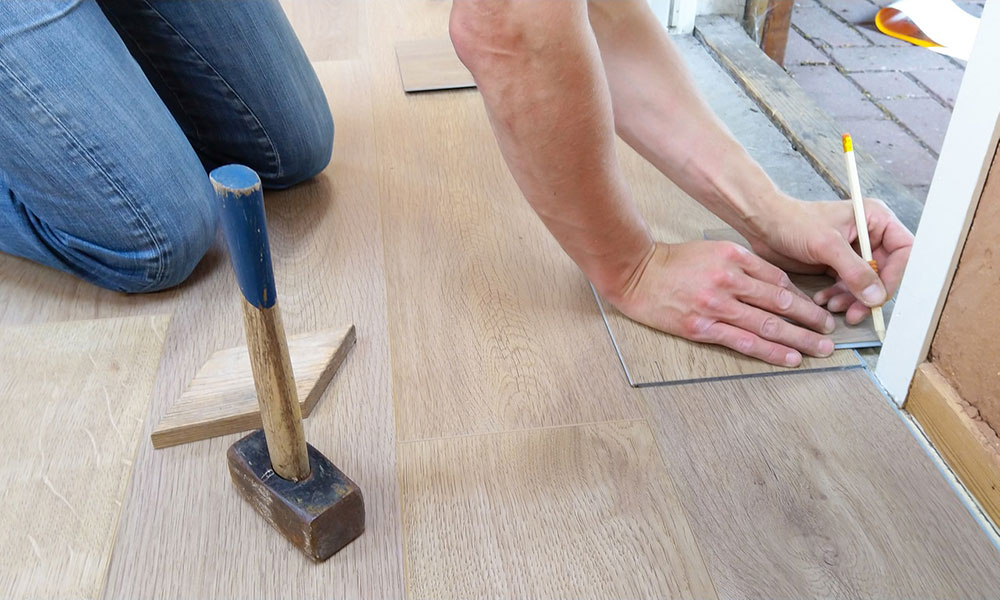The amount of flooring options available can be daunting, especially when they all seem so similar. For example, what exactly is the difference between linoleum, vinyl and laminate? Is there that big of a difference between pine and oak hardwood flooring? If you live in Nashville or the Greater Middle Tennessee area, these are all questions that can be answered by the professionals at Ozburn-Hessey. Today we want to talk about one of the hotter trends in the flooring world: resilient flooring.
What to Know About Resilient Flooring
What is Resilient Flooring?
Simply put, resilient flooring is all the flooring options in the middle ground between hardwood flooring (oak, pine and other stuff made from trees) and basic residential carpeting. According to the Resilient Floor Covering Institute, resilient flooring is any flooring that is firm, yet still has “give” or “bounce back.” Resilient flooring options include vinyl flooring, particularly vinyl plank flooring, linoleum flooring, cork and rubber floors, as well the asphalt and polymeric poured seamless flooring commonly found in homes or offices. (This category does not include laminate flooring, which can be confusing for some consumers since many places use this term interchangeably with vinyl.) Rubber flooring is another resilient flooring material that isn’t often used in homes or office, but is mainly found in gyms and yoga studios.
Resilient Flooring Isn’t Just Vinyl Flooring
To muddy the waters even more, the term “resilient flooring” has often been used as a euphemism for vinyl flooring once advertisers realized that the word “vinyl” had become synonymous with lower quality products in the minds of consumers. As mentioned above, the phrase is an umbrella term for several kinds of materials. That being said, when you see the term “resilient flooring” used, 9 times out of 10 it refers to a specific type of vinyl floor, mainly luxury vinyl flooring. This flooring is waterproof (a big plus) and can be styled to look like almost any other flooring material (such as hardwood flooring or porcelain tiles). It is also a great deal cheaper than those other materials.
Why Do You Need Resilient Flooring?
There are many benefits to installing resilient flooring in your home. For one thing, it is much easier on your feet than tiles or hardwood, making it ideal for rooms with heavy foot traffic. With some exceptions, it handles water and moisture better than any other flooring material. This is a huge benefit considering that moisture and water are the biggest problems in the flooring world. Additionally, most of the materials under the resilient flooring umbrella are incredibly eco-friendly, with cork flooring leading the way. Finally, the cost of any of the floors in the resilient flooring family are much lower than the other traditional options.
If you are looking for something that is easy on your feet and on your budget, resilient flooring is the answer. If you are looking for a flooring company that is easy to work with and is ready to help you every step of the way, Ozburn-Hessey is the answer.




